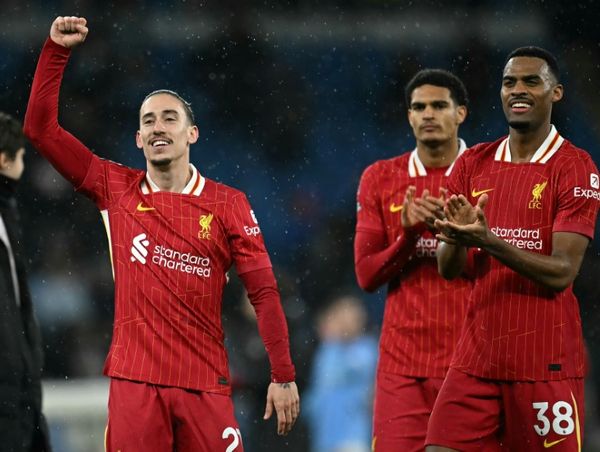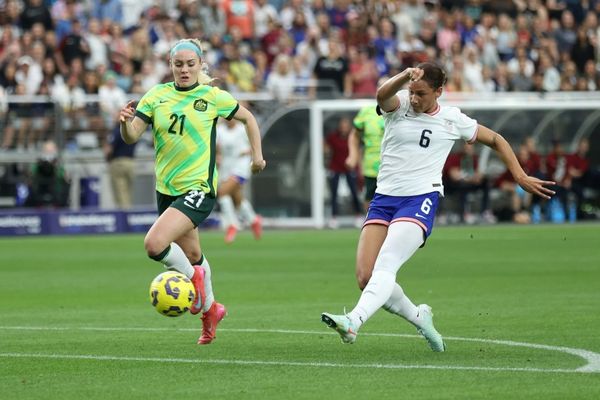
Christmas shopping was hit by Plan B restrictions
(Picture: PA Wire)Retail sales suffered a worse-than-expected slump over Christmas, new data published this morning shows.
Figures from the Office for National Statistics (ONS) show retail sales dropped by 3.7% in December, against expectations of just a 0.8% fall. Sales were still 2.6% higher than pre-pandemic levels.
The heavy fall in the run up to Christmas comes as Omicron led to a drop in people visiting shops as they were told to work from home. In-store sales fell particularly sharply, dropping by 7.1% for non-food retailers.
“It’s disappointing to see the largest fall in retail sales since January 2021 in a final month of the Golden Quarter with clothing sales hit hardest by a fall of 8%,” said Jacqui Baker, head of retail at RSM UK.
“December was expected to be a struggle, but early Christmas shopping brought forward to November was compounded by Plan B restrictions and the fear of Omicron changing consumer behaviour throughout December limiting socialising, footfall and sales.”
The figures are a particular surprise given a string of major retailers — including JD Sports, Next and B&M Value — have upgraded profit forecasts in recent weeks after strong Christmas trading. It suggests that early gift shopping in November was enough to see many through.
Shops will be hoping for a swift bounce back in demand as Plan B restrictions end. However, experts said concerns about soaring inflation could dampen demand.
Emma-Lou Montgomery, associate director at Fidelity International, said: “The ground is very unsteady as we head into 2022.
“With inflation showing no signs of easing any time soon, households will have little choice but to cut-back to try and meet surging living costs.
“The thing that will be keeping retailers awake at night is consumers’ appetite to spend, which will no doubt be increasingly dulled this January.”
The latest edition of market research firm GfK’s closely-watched consumer confidence barometer today showed confidence has fallen to its lowest level since lockdown last February.







